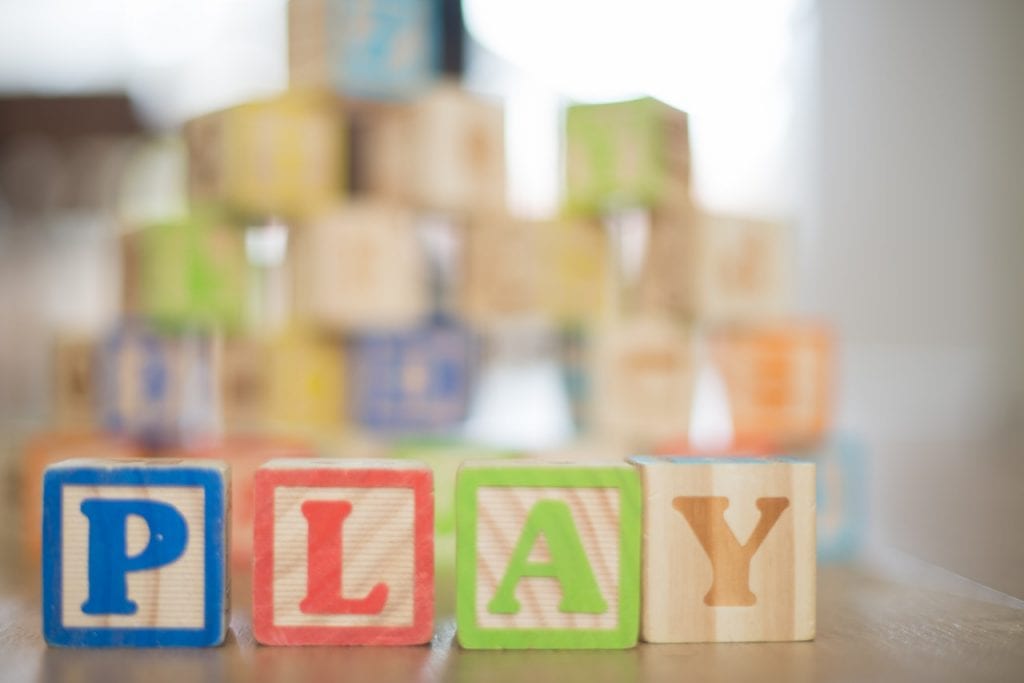Selecting the best toys for your toddler will have multiple educational benefits as a result. Educational toys develop imagination, engage the senses, and encourage interaction with other toddlers. Certain motor skills can drastically improve when your toddler plays with the perfect educational toy.
Considering the educational value as well as the entertainment value of a toy when purchasing it, is vital to your toddler’s development.
Benefits of Educational Toys for Toddlers
You might think that your toddler is only having fun, truth is that toddlers develop important skills while playing with different kinds of educational toys. Here are a few reasons why educational toys are so important.
Strengthens Motor Skills
Educational toys like shapes, blocks, trains, puzzles, and those with buttons are great for building fine-motor skills. A toddler needs to practice picking up small objects and controlling them to fit into a small hole or gap.
According to The American Academy of Pediatrics (AAP) report, Selecting Appropriate Toys for Young Children in the Digital Era: The manipulation of blocks and puzzles develops hand-eye coordination and in effect can improve language and brain development. Some of these toys also build early math skills.
Toys like balls, tricycles, push and pull toys, or electronic cars help with physical development. Gross motor skills are developed through the toddler’s navigation and interaction with the toy.
Problem Solving
Some educational toys provide a problem to young learners. Whether it’s how to put a string through a bead or how to interlink two parts of pull toy train, it’s all part of the toddler’s critical thinking development.
Solving problems give toddlers a sense of independence. At first, they can get frustrated if they struggle to put the right block into the right gap, but once they figured it out a sense of self-confidence and pride will follow.
As toddlers increase in capability their problem-solving skills can be tested with more difficult toys.
Imagination Building
Dressing up and pretending to be a pirate or fairy is part of developing creative skills. Imagination is stimulated through role-play and characterizing, especially through hand puppets or stuffed animals and dolls.
By allowing themselves to interact with stuffed toys, whether it is the parent who adds a voice or a puppet dancing to the rhythm of a song, toddlers unlock creativity and imagination.
Pretending to be a fireman, police officer, veterinarian or teller allows toddlers to put themselves in different social situations. Imagining different scenarios where they need to act fast or think-quick they develop necessary social skills that will be used later in life.
Doing different types of arts and crafts give toddlers the opportunity to express themselves creatively. Playing with playdough and painting with their fingers is a great way to encourage creative out-of-the-box thinking.
Builds Social Skills
Educational toys like a simple easy-bake oven where toddlers need to pretend to make food and serve it to mom and dad help build social skills. Not only will they become aware of how to approach others when serving, but they can also learn to ask for help or approach others to offer food.
When it comes to food-play educational toys, sharing is another social skill that is developed.
Toddlers who push a toy doll in a stroller are learning nurturing skills as well as empathy.
Language Development
“See and Say” books and games help develop memory, recognition and emergent literacy skills. Repeating names of animals that are portrayed in color-in books or on puzzles help the enforcement of language. Toddler will start familiarizing themselves with an image and the word that describes the image.
Even though your 2-year old won’t be able to say all the words correctly they are practicing listening skills before being able to say the word out loud.
Toys that allow a toddler to press a button in order for an animal sound to chime is great for word and sound association.
Types of Toys for Toddlers
Toys are a big part of a toddler’s day-to-day-life. If you don’t want toys of all sorts lying around the house - here is a list of five toybox essentials.
Blocks
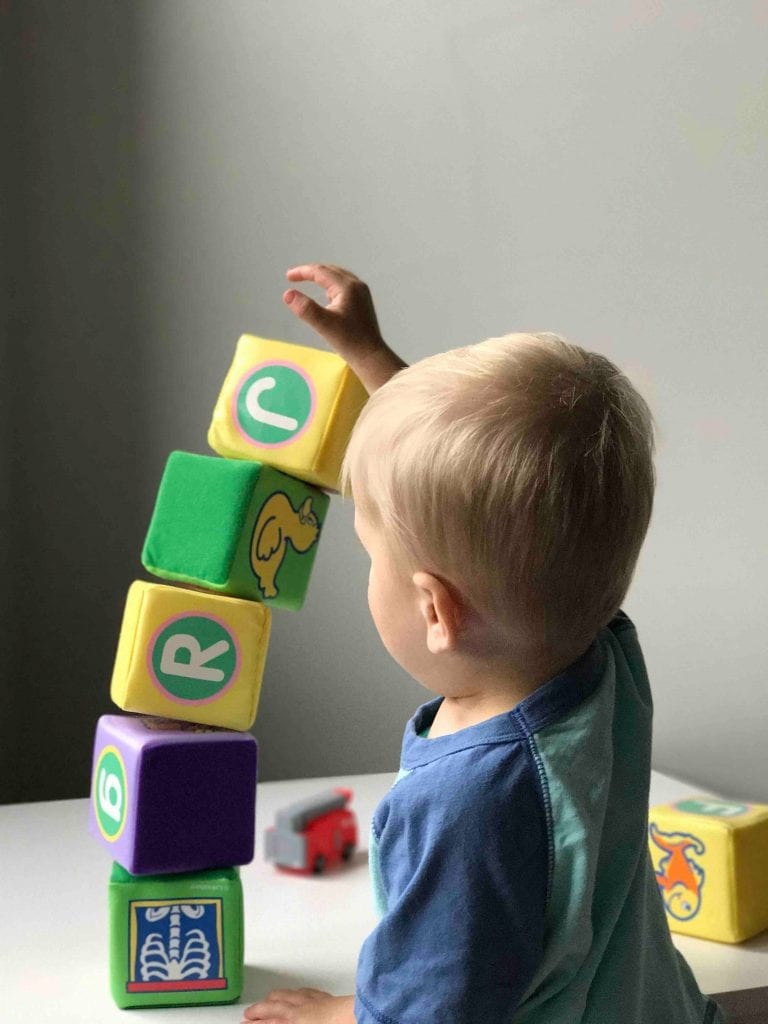
Building blocks come in all shapes, sizes, and textures. Colorful wooden, foam or plastic blocks can keep your toddler occupied and interested for hours. Build forts, towers, and garages for toy cars.
Good quality wooden blocks are usually painted with non-toxic paint and have smooth edges to ensure safety of your toddler. Blocks shouldn’t be too heavy or too light in weight. Building blocks that are made from durable plastic are great alternatives to wooden blocks. Consider plastic blocks that have the form of Legos but are bulkier in size.
Price range of a regular and durable set of blocks: $15-$40
Benefits: Develops fine motor skills, creativity, and hand-eye coordination.
Puzzles
Variety of puzzle types should be found in any toddler’s toy box. Puzzles can be in its original form as a 2-D interlinked wooden or cardboard picture. A variety of single cutout animals, letters and numbers that can be fit into a matching silhouette slot is great for educational development.
Price Range: $12-$35
Benefits: Develops fine motor skills, spatial awareness, and problem-solving skills.
Balls
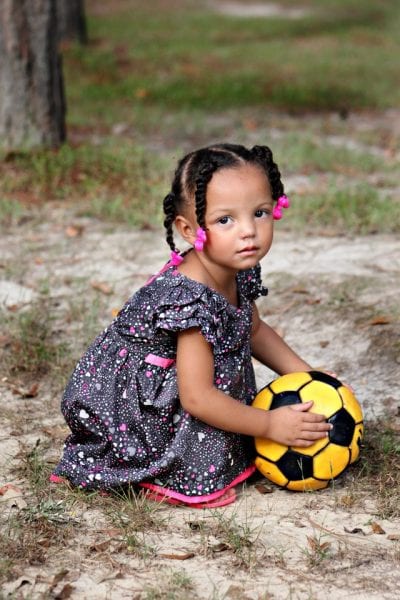
Kicking, throwing and rolling a toy ball are one of the fundamental gaming activities for any child. Giving your toddler balls of all shapes, sizes, textures, and weights while encouraging fun play will be to their educational benefit.
Ball play milestones can go from picking up a ball to throwing and eventually rolling, bouncing and catching.
Price range: $5-$30
Benefits: Develops gross motor skills, interactive play, hand-eye coordination, and athletic abilities.
Stuffed Animals and Dolls
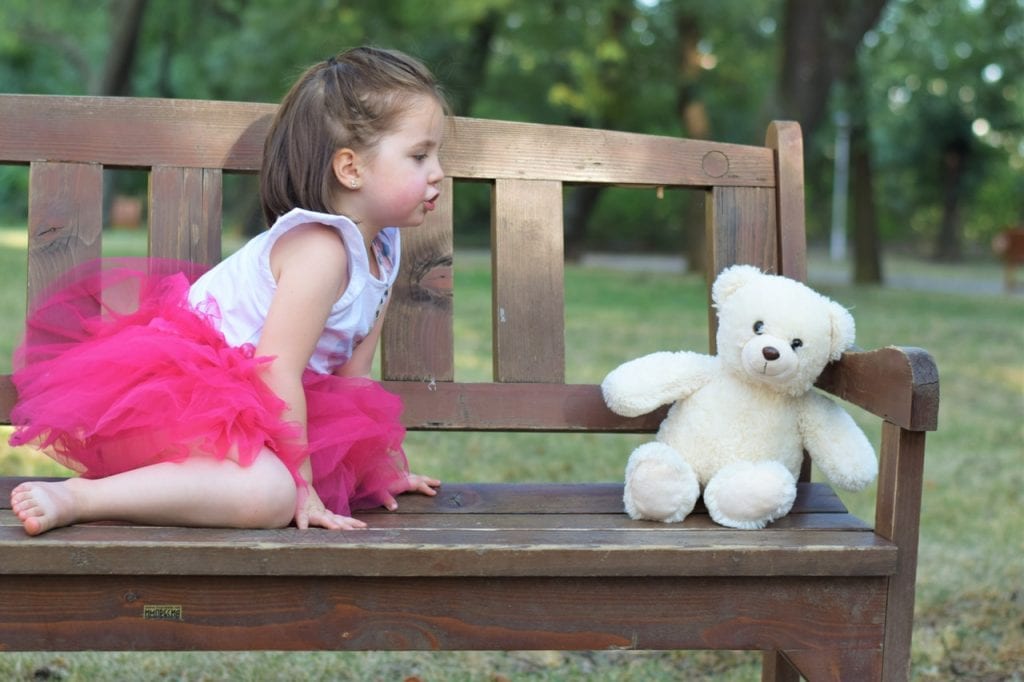
If you are a parent to a toddler you must have noticed that they love being surrounded by different kinds of stuffed animals and characters. Toddlers have very vivid imaginations and having a cuddly friend provides companionship and hours of roleplay.
Other characters include finger puppets, hand puppets or marionettes. Children enjoy seeing lifeless puppets coming to life with a voice and movement. Have fun and enjoy re-enacting your toddler’s favorite story with the stuffed animals and characters from their toy box.
Price range: $6-$100 depending on size and design
Benefits: Practices nurturing, empathy, interaction and develops emotional expression
Musical Instruments
Children are naturally drawn to rhythmic tunes and sounds. Letting your toddler practice holding a small drumstick while hitting on a small drum or colorful xylophone has educational benefits. Other instruments you can add to their toy box include percussion instruments like the triangle, egg shakers, and tambourine.
Price range: $5-$30
Benefits: Sensory development, music education, and rhythm development
How to Pick the Right Educational Toy
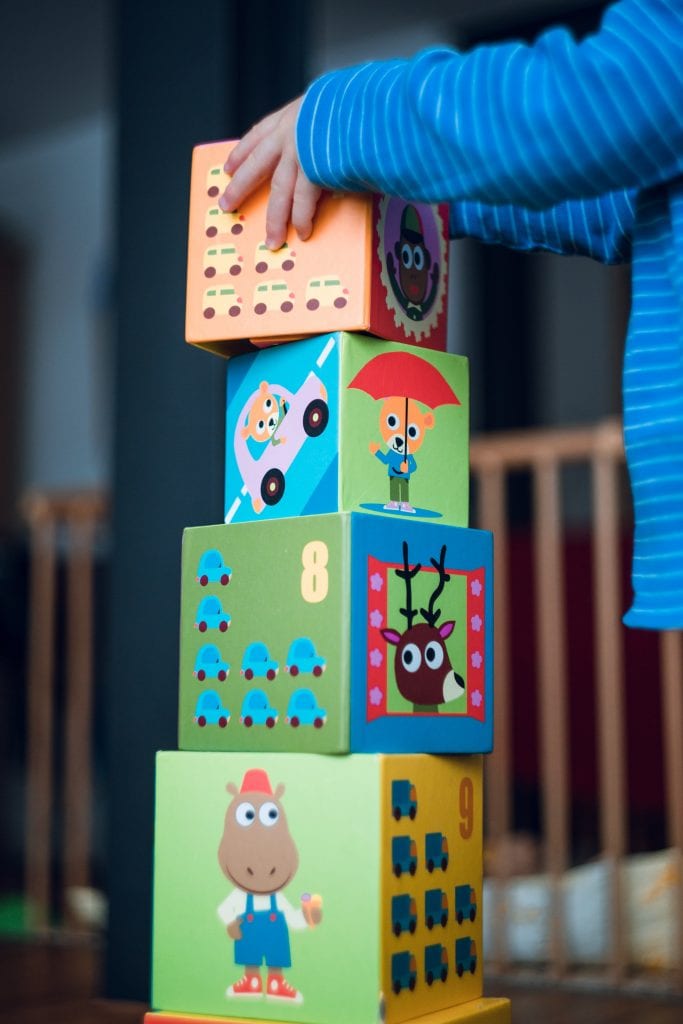
In Rebecca Parlakian’s guide to picking out the perfect toy for your toddler, the Senior Director of ‘Zero to Three‘-programs states that you should buy a variety of toys that will grow with your child, challenge her, and nurture her thinking, physical, language, and social-emotional skills.
Here are our tips on picking out the right educational toy.
Age-appropriate
When choosing an educational toy, you should primarily make sure that it’s age-appropriate. Toddlers should be able to crawl before they walk, and walk before they run. Depending on the development stage of your toddler you should find a suitable counterpart.
Experienced classroom teacher and author of The Everything Parent’s Guide to Special Education, Amanda Morin, explains toddler’s cognitive and physical milestones to parents. Being informed about what skills your toddler needs to develop will guide you in buying suitable educational toys to assist them in their development.
Personality and Interest
The AAP states in their clinical report that toys are merely a supportive tool in a toddler’s development. Interests of the toddler should be taken into consideration when purchasing toys. Toddlers will be more engaged when toys are in their favorite color or in the shape of their favorite animal.
Active Play
Active play is when a toddler is physically engaged in an activity. Building blocks, playing hide-and-seek or riding a tricycle. Passive play is when toddlers are sitting watching television.
The AAP encourages active play, “pediatricians should emphasize the advantages of active play and discourage parents from the overuse of passive entertainment (eg, television and computer games).”
Always consider a non-digital form of play when making a toy purchase.
Special Needs
Just like adults, certain toddlers have certain needs. It’s important that you consider your toddler’s abilities and requirements. A boy who enjoys running around and being active will most probably need an educational toy that will encourage physical activity.
Toddlers who enjoy solving problems, building structures or creating arts and crafts need educational toys that will interest their specific needs.
Toddlers with disabilities need to have educational toys that help them strengthen skills and abilities that will benefit them.

Toys do have multiple benefits when it comes to your toddler’s development. Always keep in mind that no amount of toys can substitute for a parent’s involvement. Playing and interacting with your child while using toys as a supportive tool is the best way to ensure your toddler’s healthy and optimal development.
